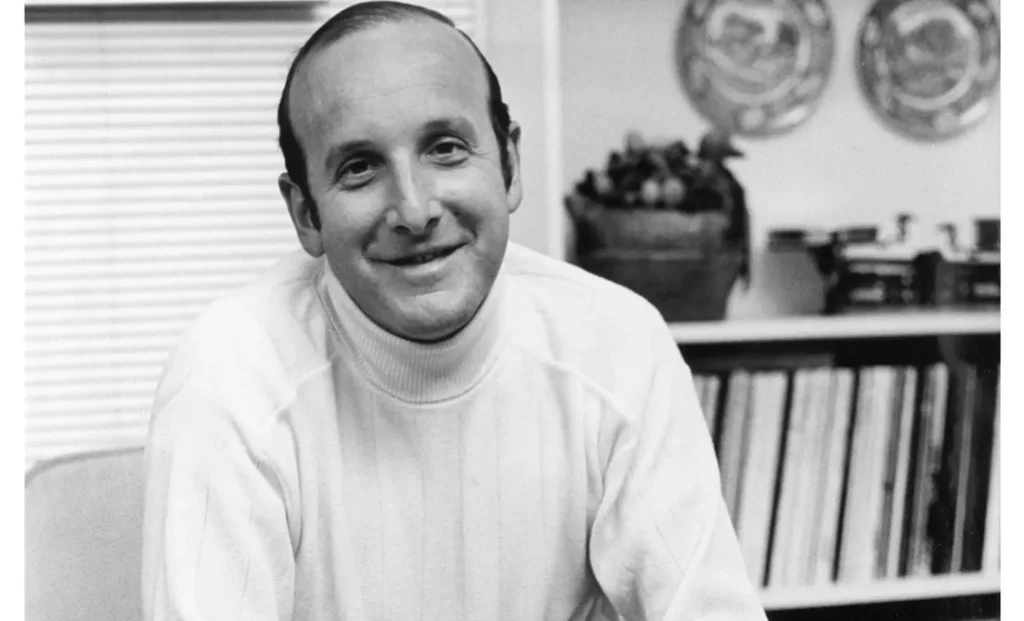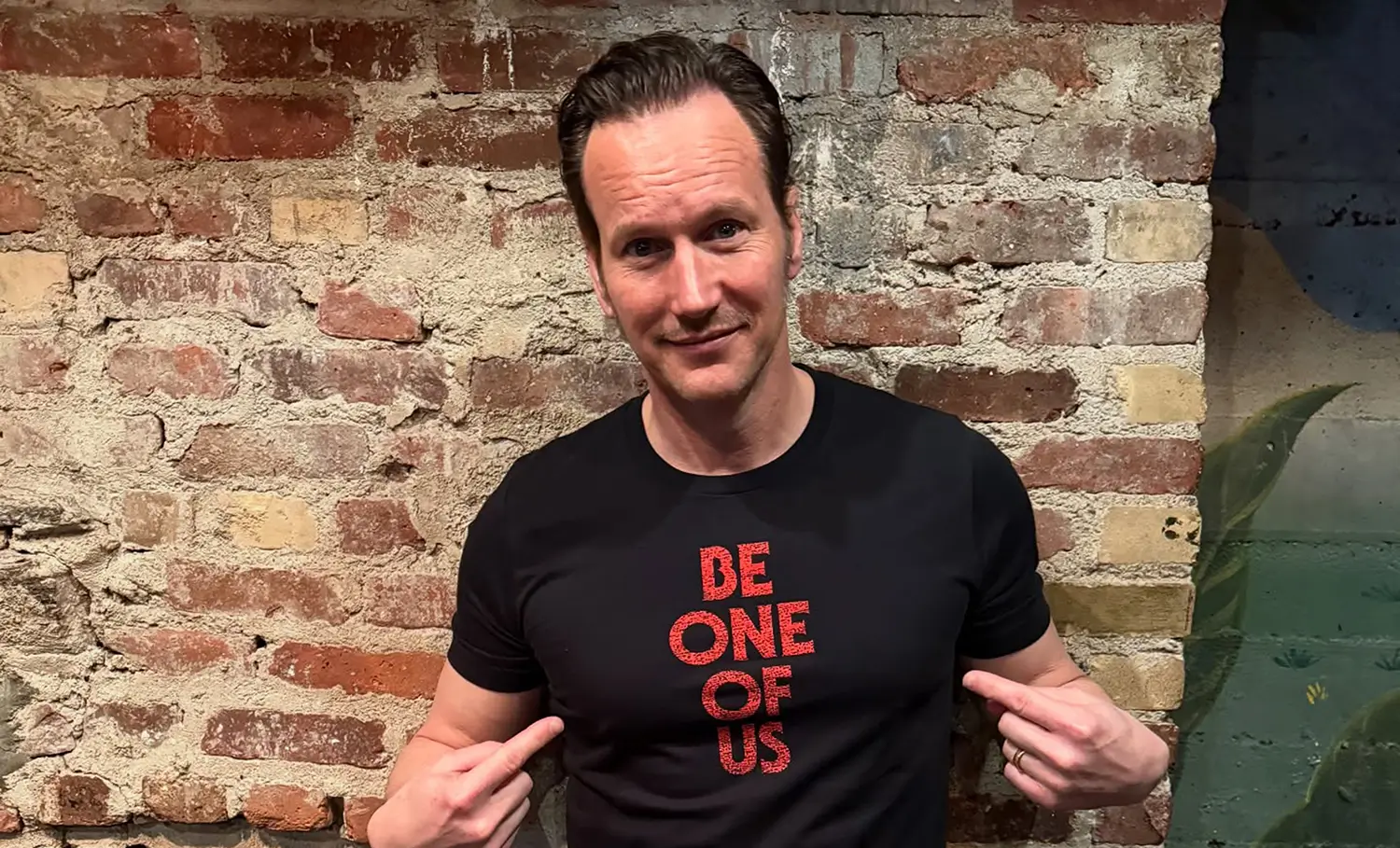Table of Contents
The music industry has witnessed countless legends, but few have wielded as much influence behind the scenes as Clive Davis. The music mogul’s wealth is estimated at $850 million in 2025, making him one of the wealthiest executives in entertainment history. From discovering Whitney Houston to launching the careers of Bruce Springsteen and Alicia Keys, Davis has transformed musical talents into global superstars while building an impressive financial empire.
Early Beginnings: From Tragedy to Triumph
Born on April 4, 1932, in Brooklyn’s Crown Heights neighborhood, Clive Jay Davis faced early adversity that would shape his determination for success. Raised by Jewish parents Herman and Florence Davis, young Clive experienced devastating loss when both parents died within two years during his teenage years. This tragedy forced him to move in with his married sister in Queens, setting the stage for a remarkable journey of resilience.

Despite these challenges, Davis excelled academically. He graduated magna cum laude from New York University in 1953 with a degree in political science, then earned a full scholarship to Harvard Law School, graduating in 1956. These educational achievements laid the foundation for what would eventually become his massive wealth accumulation.
The Unexpected Path to Musical Success
After Harvard Law, Davis initially practiced at a small New York firm before joining Rosenman, Colin, Kaye, Petschek, and Freund in 1958. It was here that fate intervened – partner Ralph Colin represented CBS, leading to Davis’s hiring as assistant counsel for Columbia Records in 1960. What began as a routine legal position would eventually transform into one of the most lucrative careers in music history.
Industry experts suggest that Davis’s legal background provided him with unique insights into contract negotiations and business structures that many creative executives lacked. This advantage would prove invaluable as his career progressed and his wealth began to accumulate.
Columbia Records: The Foundation of Wealth
Davis’s rise at Columbia Records was meteoric. By 1965, he had been promoted to administrative vice president and general manager. Just two years later, at age 35, he became president of CBS Records, a position that reportedly came with a substantial salary and profit-sharing opportunities.
Under Davis’s leadership, Columbia Records captured 22% of the record market and generated $340 million in sales by 1972. According to public reports, his annual compensation by this time exceeded $350,000, equivalent to approximately $2.5 million in today’s currency. This period marked the beginning of his serious wealth accumulation.
The executive’s talent for discovering and nurturing artists became legendary. He signed Janis Joplin after witnessing her performance at the 1967 Monterey Pop Festival, immediately recognizing her commercial potential. Other major signings during his Columbia tenure included Santana, Bruce Springsteen, Billy Joel, Chicago, Earth Wind & Fire, and Aerosmith. Each successful artist represented not only cultural impact but also significant financial returns through royalties and bonuses.
However, 1973 brought unexpected turbulence when CBS terminated Davis amid allegations of misusing company funds for personal expenses, including his son’s bar mitzvah. Davis disputed these claims, but the dismissal would ultimately lead to even greater financial opportunities.
Arista Records: Building an Empire
Rather than retreating after his Columbia departure, Davis founded Arista Records in 1974. This bold move proved to be one of the most financially rewarding decisions of his career. Within three months, he achieved his first number-one hit with Barry Manilow’s “Mandy,” signaling the label’s immediate viability.
The Arista years saw Davis reach new heights of both artistic and financial success. His discovery of Whitney Houston in 1983 stands as perhaps his most significant achievement. Signing the 19-year-old gospel singer and developing her into a pop crossover sensation generated enormous returns. Houston’s debut album sold over 10 million copies worldwide, with three tracks reaching number one in the United States.
It is believed that Davis’s earnings structure at Arista included substantial equity participation, allowing him to benefit directly from the label’s success. Other major Arista signings included Dionne Warwick, Aretha Franklin, Patti Smith, Ace of Base, Air Supply, and later, Alicia Keys. Each platinum-selling album contributed to his growing wealth through various revenue streams.
Diversifying Revenue Streams
Davis’s financial acumen extended beyond traditional record label operations. In 1989, he co-founded LaFace Records with L.A. Reid and Kenneth “Babyface” Edmonds. This venture proved highly profitable, particularly with the success of TLC (75 million records sold), Toni Braxton (65 million), and Usher (65 million).
The executive also played a crucial role in establishing Bad Boy Records. When Sean Combs approached him in 1993, Davis provided a distribution deal and $15 million in funding to launch the label. This investment yielded substantial returns through the success of artists like The Notorious B.I.G., Mase, and Faith Evans.
J Records and Sony: Continued Growth
After leaving Arista in 2000, Davis launched J Records, distributed through the RCA Music Group. Industry experts suggest this new venture allowed him to negotiate favorable ownership terms, further enhancing his wealth. His success at J Records with artists like Alicia Keys, whose debut album “Songs in A Minor” sold 10 million copies and swept the Grammy Awards, demonstrated his continued relevance in the evolving music landscape.
The 2004 merger between BMG and Sony Music Entertainment created Sony BMG, with Davis eventually becoming chief creative officer of Sony Music Entertainment. His current role continues to provide substantial compensation while allowing him to maintain influence over major artistic decisions.
Investment Portfolio and Assets
Davis’s wealth extends far beyond music industry earnings. His real estate holdings include multiple properties in New York City, with at least five units in a single Manhattan building at 465 Park Avenue. In 2017, he listed one unit for $7.8 million, though he later removed it from the market after reducing the price to $6.2 million. The property carries monthly homeowners association fees of $11,700, indicating the luxury level of these investments.
His Westchester County compound, purchased in 1991 following his second divorce, features a 30-seat home theater, an 8,000-square-foot main house, and a 6,000-square-foot guest house. This property serves both as a residence and entertainment venue for industry gatherings.
Perhaps most impressive is Davis’s art collection, reportedly worth $100 million. The collection includes works by Picasso, Damien Hirst, Dale Chihuli, Adolph Gottlieb, and Andy Warhol. This demonstrates his sophisticated approach to wealth preservation and appreciation through alternative investments.
Awards and Recognition: Adding Value

Davis’s five Grammy Awards as a producer have enhanced both his reputation and earning potential. His first Grammy came in 1994 for Album of the Year for Whitney Houston’s “The Bodyguard” soundtrack. Subsequent wins for Santana’s “Supernatural,” Kelly Clarkson’s “Breakaway,” and Jennifer Hudson’s debut album have maintained his industry relevance and marketability.
His 2000 induction into the Rock and Roll Hall of Fame as a non-performer further cemented his legacy, potentially increasing his value for future business ventures and partnerships.
Business Philosophy and Wealth-Building Strategies
Davis has shared insights into his approach to building wealth throughout his career. He emphasizes seizing opportunities when they present themselves, stating his belief in moving quickly when talent is identified. His long-term thinking approach, focusing on artist development rather than quick profits, has generated sustained revenue streams over decades.
Risk management has been another crucial element of his strategy. Davis advocates for budget discipline, suggesting that if a record is expected to sell only 100,000 copies, the production budget should reflect that limitation. This approach has allowed for calculated risks on new artists without jeopardizing overall financial stability.
Current Financial Status and Ongoing Activities
At 92 years old, Davis remains active as chief creative officer of Sony Music Entertainment, indicating continued income generation. His current compensation, while not publicly disclosed, is believed to be substantial given his position and historical earnings patterns.
The consistency of wealth estimates across multiple sources suggests his financial position has remained stable. Various reports place his wealth between $850 million and $900 million as of 2024-2025, reflecting not only accumulated earnings but also successful investment management and asset appreciation.
Legacy and Future Implications

Davis’s financial success represents more than personal achievement; it demonstrates the potential for industry executives to build substantial wealth through talent development and strategic business decisions. His career illustrates how combining natural ability with business acumen can create lasting financial success.
The executive’s approach to wealth building through long-term artist relationships, diversified investments, and strategic risk-taking offers valuable lessons for aspiring music industry professionals. His continued activity at age 92 also suggests that passion-driven careers can provide both personal satisfaction and financial rewards well into advanced age.
Personal Life and Philanthropy
Davis has been married twice and has four children. His first marriage to Helen Cohen lasted from 1956 to 1965, followed by his marriage to Janet Adelberg from 1965 to 1985. In his 2013 autobiography “The Soundtrack of My Life,” he publicly revealed his bisexuality, demonstrating his commitment to authenticity even at potential personal cost.
While specific philanthropic activities are not extensively documented, Davis has supported various arts and education initiatives throughout his career. His contributions to scholarship programs and music education reflect his commitment to nurturing the next generation of talent.
Conclusion
Clive Davis’s journey from a Brooklyn orphan to a music industry titan with an estimated fortune of $850 million represents one of entertainment’s most compelling success stories. His ability to identify and develop talent, combined with shrewd business decisions and diversified investments, has created lasting wealth that extends far beyond traditional music industry earnings.
The executive’s story demonstrates that success in the entertainment industry requires more than creative insight; it demands business acumen, strategic thinking, and the courage to take calculated risks. As Davis continues his career at 92, his financial legacy serves as both inspiration and instruction for future generations of music industry professionals.
His impact on popular music is immeasurable, but his financial achievements provide equally valuable lessons about building and maintaining wealth through dedication, strategic thinking, and an unwavering commitment to excellence. For aspiring entrepreneurs and music industry professionals, Davis’s career offers a masterclass in turning talent recognition into financial success while maintaining artistic integrity and industry respect.
Source: clivejdavis / Instagram









